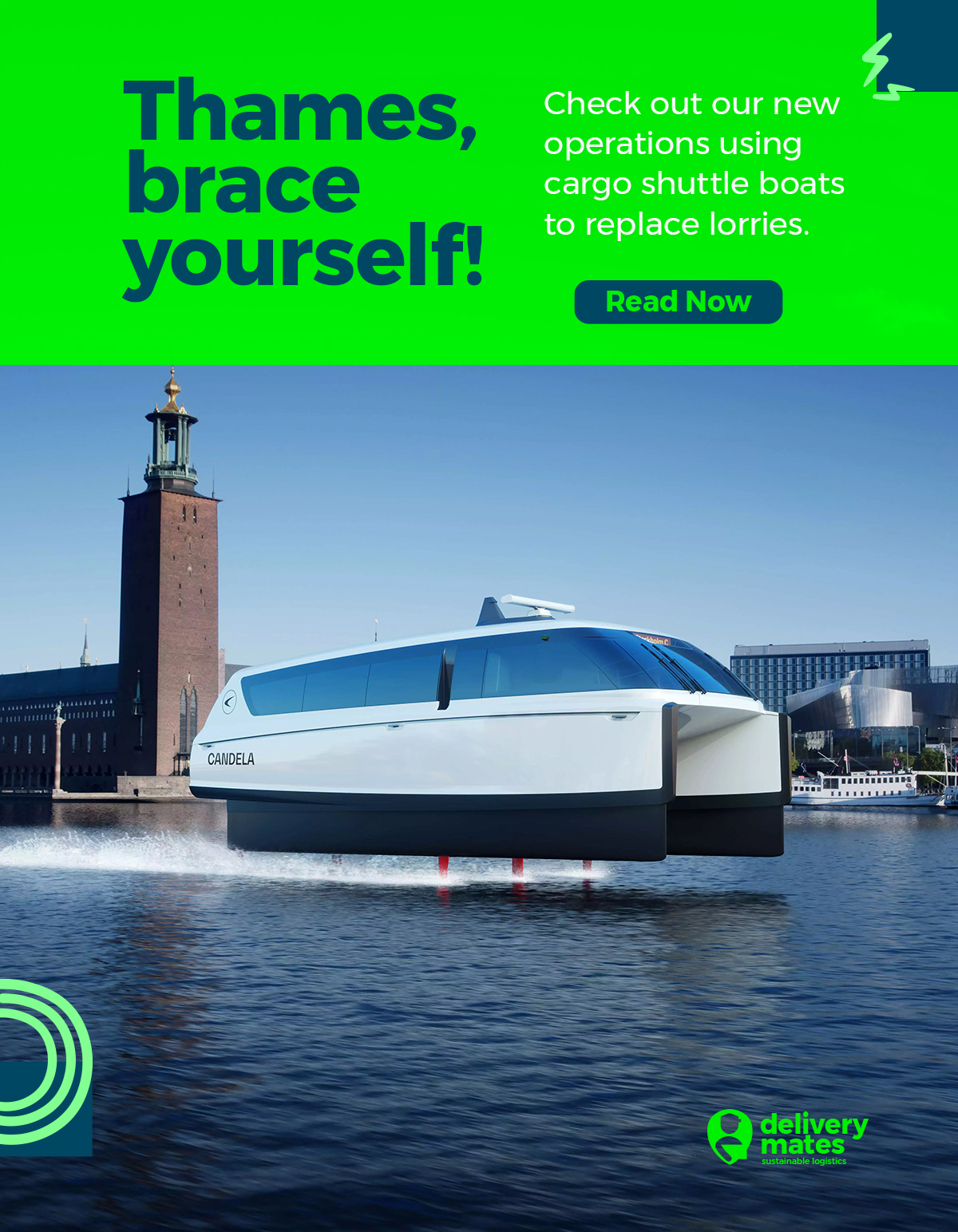The Department for Transport (DfT) plans to give local transport authorities the power to shape and manage their own rental micromobility schemes across the UK.
The DfT told Zag Daily it hopes to create a new licensing framework for rental micromobility operations in addition to the new zero-emission vehicle category when parliamentary time allows.
This comes as micromobility operators have today jointly issued a set of ten recommendations for city authorities across Europe to help better integrate their vehicles.
As cities move from pilots to permanent schemes, Dott, Lime, Superpedestrian, Tier and Voi have collaborated to provide insights that help cities manage mobility services so they can be sustainably delivered for the long term.
The list is an evolution of various local campaigns and initiatives that operators have worked on together in the past months, including discussions about schemes in Paris, Oslo and Cologne.
“We have made a lot of progress over the last five years and I’m looking forward to building on all these learnings over the next five,” said Lawrence Leuschner, Tier’s CEO and Co-Founder.
“Micromobility has become part of daily life for many people already and I’m excited to bring it to even more by working with new and existing city partners to ensure micromobility is well integrated into their transport mix.”
The industry has long been calling for standardisation of the rules to enhance the customer experience and safety, as well as the sustainability of the micromobility industry.
These recommendations are meant to be a long-term project, as operators expect it will take some time for cities to implement them. They plan on monitoring their development and checking if any further actions are required.
Recommendations
The list is divided into two sections: one with recommendations for the administration regarding tender demands and another about the deployment of the operation.
In the first part, companies propose that administrations ensure an appropriate number of operators to avoid oversaturation of the market, as well as a gradual growth of the fleet tied to the programme’s performance.
They also suggest a contract length of at least two years for pilots and three to four for permanent programmes to encourage operators to make longer-term investments in cities where they operate.
The proposals include uniform and automated data sharing with operators across cities, which would enable operators to spend fewer resources on building such a platform. They also endorse selection processes to identify the operators best suited to the city’s needs.
Regarding suggestions tailored to the operations, the companies propose that cities establish an operating area across their boundaries to maximise access to local destinations and ample parking spaces. They also recommend limiting the maximum speed between 20-25 km/h and encouraging the use of helmets, but not making them mandatory.










